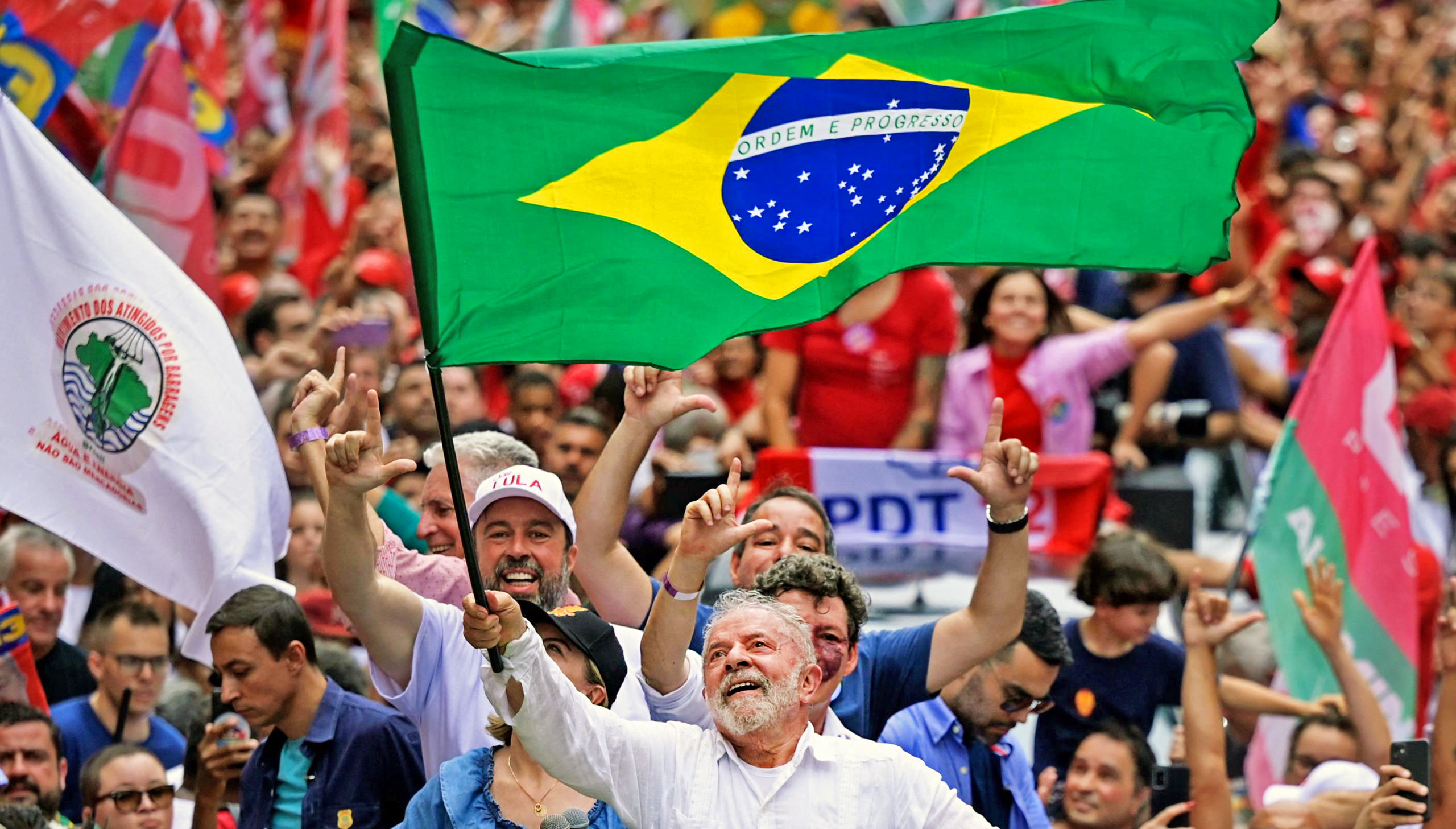Over the weekend, in a highly contested election, former Brazilian President Lula da Silva was returned to office. After the defeat of Jair Bolsonaro, the ‘Trump of the Tropics’, sighs of relief could be heard across Western capitals, especially in Washington DC where anything that invokes memories of Trump brings with it a predictable attack of the vapours.
Yet, judged on a purely realpolitik basis, Lula’s win could be extremely problematic for the West and, particularly, for the United States. The reaction to Lula’s win feels like a warning signal that Western political elites have become so inward-looking and obsessed with their own domestic culture wars that they cannot grapple realistically with the enormous geopolitical challenges that the third decade of the 21st century is throwing their way.
Lula is a Leftist of the Latin American old school. This school views Western, and particularly American, influence in the region as ‘imperialistic’. In 2019, for example, while serving time in prison for corruption charges, Lula penned a letter in which he opposed Brazil’s role in American sanctions against Venezuela. “We cannot turn Brazil over to imperialism,” he wrote.
In an interview in 2020, Lula went further still and accused the United States of being behind his imprisonment. “Today,” he said, “we know that there were clear [US] Department of Justice interests in… my imprisonment.” Whether there is any truth to these claims or not, it shows Lula’s attitude toward the country now lauding his return.
Today, breaking free from the West means growing closer to the emerging BRICS+ bloc and, especially, to China. One of Lula’s former aides confirmed this when he told Reuters that his erstwhile boss’s administration would put aside the strained relations that sometimes existed between Bolsonaro and the Chinese. These relations were strained because Bolsonaro tended to favour greater engagement with the United States over their geopolitical enemy.
“Virtually everyone I engage with here is hoping that Lula wins,” said Karen Costa Vazquez at the Center for China and Globalization in Beijing. “While this doesn’t necessarily reflect the views of the institutions or the government, there’s a sense he’d be more open-minded to cooperation.” Lula’s disposition to the rising BRICS+ is not exactly a secret, nor are his ties to the bloc purely economic. Back in May he enraged the Ukrainian government by stating that their country shared blame for the war with Russia, while American and EU leaders were also criticised for their handling of the invasion. As with his comments on Venezuela, Lula can often be a gadfly when it comes to American foreign policy.
Considered in this light, the reception of the election outcome in the West is nothing short of bizarre. Western leaders are signalling that Lula is preferable to the more pro-Western Right-wing populist alternative. Clearly, internal culture wars have completely demolished their capacity to make rational, objective decisions on extremely important aspects of foreign policy.
As the evidence mounts, it is becoming increasingly clear how hard it will be for Western leaders to navigate the enormous geopolitical shifts that we are going to witness these next two decades. It has been obvious since Russia’s invasion of Ukraine how off-balance they are. Equally, it has been obvious that they no longer possess a coherent plan of action with which to move forward. Now it appears that they will support foreign leaders who work actively against their interests. So long, that is, as these foreign leaders carefully craft their message to appeal to fashionable Western elite attitudes.











Join the discussion
Join like minded readers that support our journalism by becoming a paid subscriber
To join the discussion in the comments, become a paid subscriber.
Join like minded readers that support our journalism, read unlimited articles and enjoy other subscriber-only benefits.
Subscribe